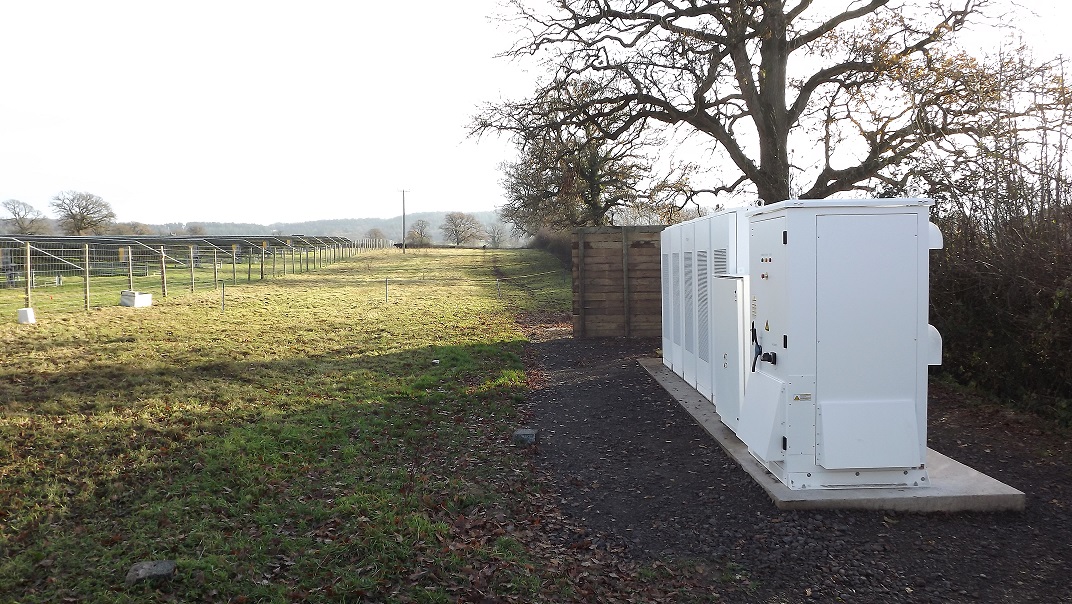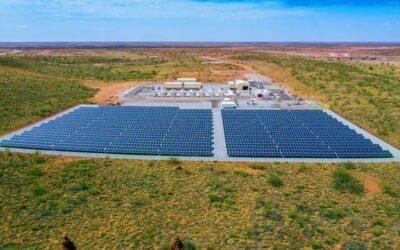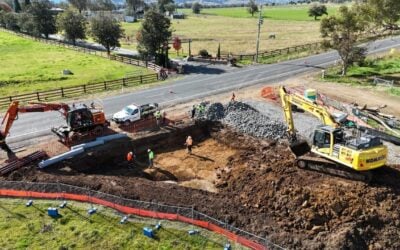
Battery storage developer Camborne Energy Storage (CES) has been plunged into administration after failing to find buyers for prospective battery projects.
The firm, one of the first UK-based developers of grid-connected battery storage projects, appointed administrators earlier this summer having experienced financial difficulties.
Enjoy 12 months of exclusive analysis
- Regular insight and analysis of the industry’s biggest developments
- In-depth interviews with the industry’s leading figures
- Annual digital subscription to the PV Tech Power journal
- Discounts on Solar Media’s portfolio of events, in-person and virtual
And an administrator’s report published earlier this week has revealed that leaseholds for further developments have been placed on the market, with deals expected to be concluded in the coming weeks.
The administrator’s report states that CES, incorporated in February 2015, had developed a “strong pipeline” of projects but remained dependent on ongoing funding until its activities were cash generative, expected in 2019 when shovel-ready energy storage sites were to be sold.
But CES experienced “increasing financial pressure” after fundraising initiatives failed and received a short-term working capital loan from a secured creditor, believed to be Moulton Goodies, an investment vehicle owned by Liverpool-based venture capitalist Jon Moulton, in early May of this year.
That loan was intended to tie the company over while further fundraising attempts could be launched, including the sale of numerous assets and prospective energy storage sites.
However, when it became apparent that these sales could not be realised in time and the firm became unable to pay its debts as they fell due, CES took the decision to appoint an administrator in June.
All CES employees were made redundant as of 21 June.
At the time of its collapse CES owed just over £2 million. More than £900,000 (US$1.61 million) was owed to trade and expense creditors, with a further £180,000 owed to HM Revenue & Customs in outstanding VAT. Around £900,000 is owed in outstanding shareholder loans.
The most recent set of CES accounts, cited in the administrator’s report, values CES’ assets at just shy of £220,000.
It is now RSM’s intent to realise some of the leaseholds CES still had on energy storage sites described as being at various stages of planning.
RSM had already marketed, received offers and clinched a deal for the sale of development assets just two weeks after being appointed as administrator. But this sale fell through and RSM was forced to find alternative buyers.
Sales of these assets is now expected to conclude in the coming weeks.
Our sister site Solar Power Portal approached RSM UK for a comment on its appointment as administrators for CES but, owing to “commercial sensitivity”, the firm has declined to comment further.
The company had been the first to deliver a grid-scale Tesla Powerpack system into the UK, officially opened by then-energy minister Baroness Neville Rolfe in December 2016. The following February, Camborne managing director Dan Taylor had said that the UK has “ambitious deployment targets for energy storage in the UK” as the 500kWh Tesla system was integrated with technology that prepared it for entry into frequency regulation markets.






